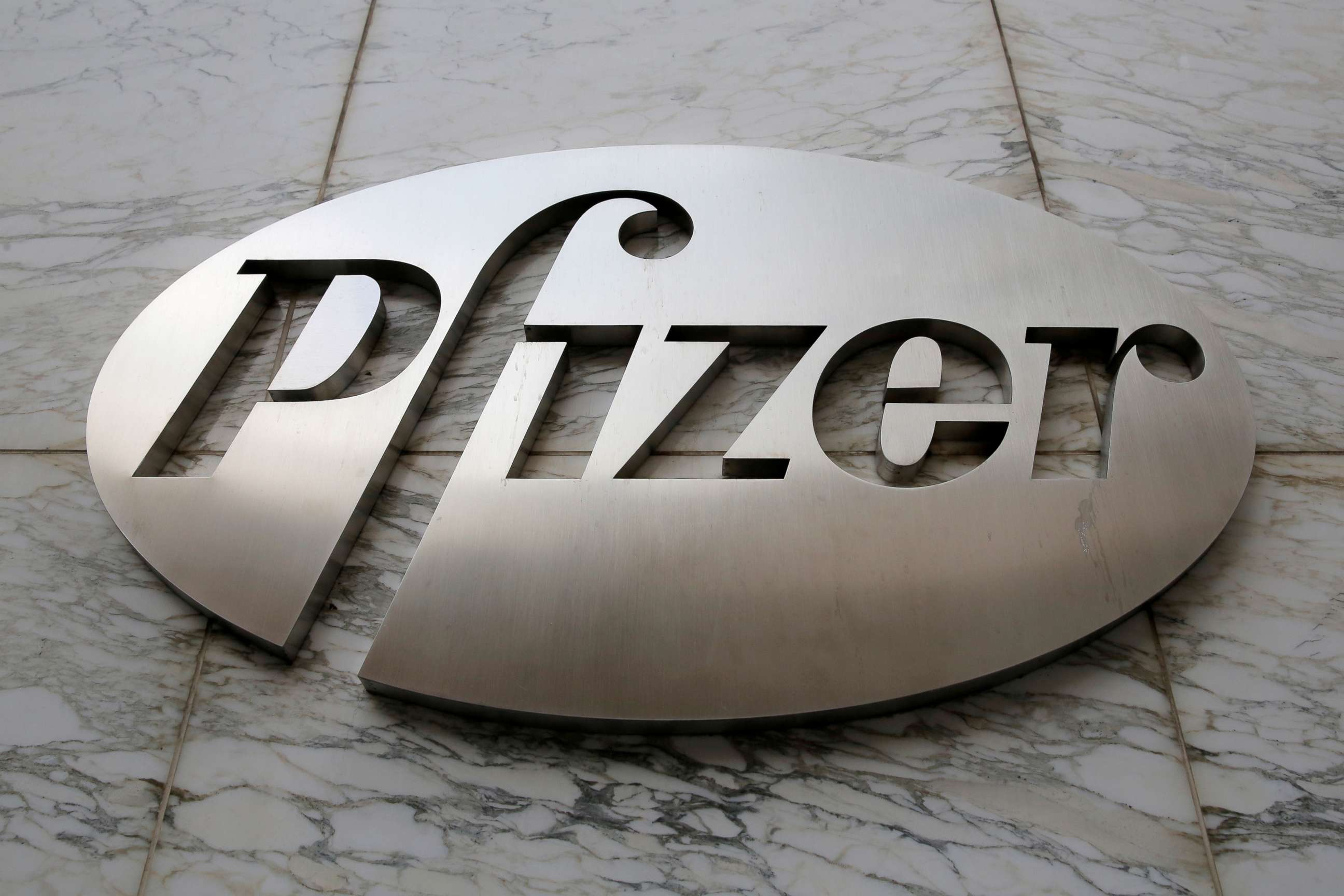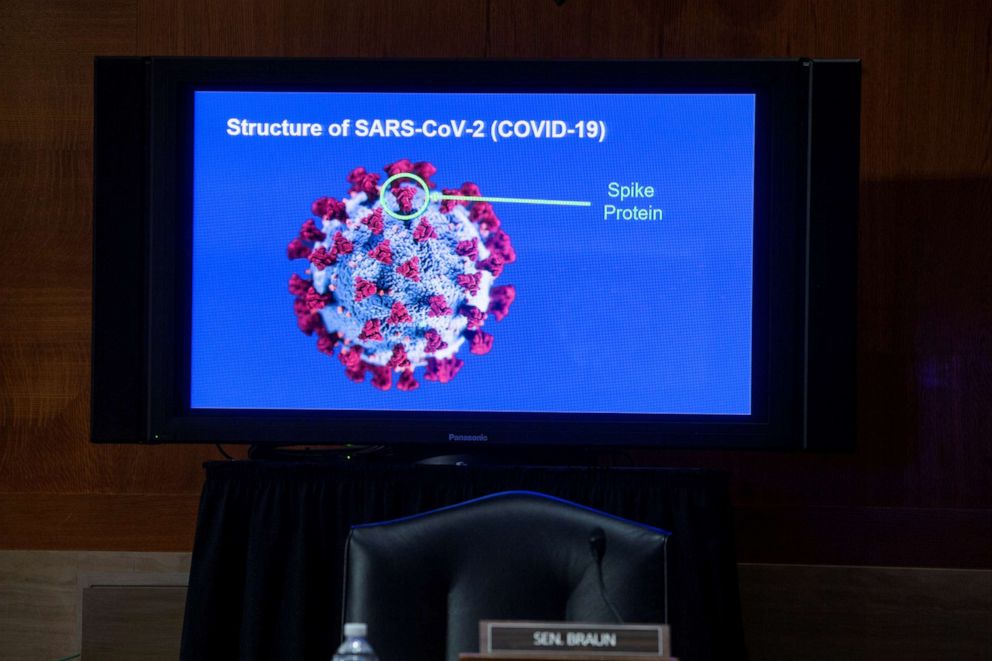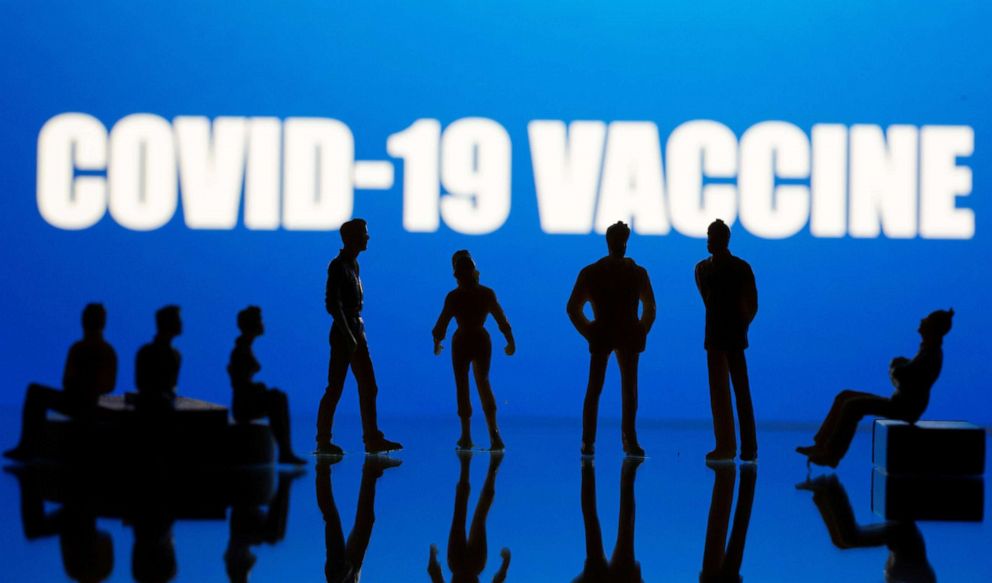Pfizer may win the COVID vaccine race. But distributing it could be another matter.
Needing deep-freeze storage could complicate a massive rollout.
Pfizer, the multinational pharmaceutical company, may be the first in the United States to seek regulatory approval for a COVID-19 vaccine, but even if its vaccine is authorized, the company may face additional challenges in distributing it.
That's because Pfizer's vaccine can't be stored in the refrigeration systems found at the typical doctor's office. Instead, it requires special ultra-low-temperature freezers that can store medicine at approximately 94 degrees below zero.
The delivery system is complex, requiring the use of a custom-built "cool box" that can store 1,000 to 5,000 vaccines for up to 10 days at minus 94 degrees.
"The shipper will utilize real-time temperature-monitoring devices, including GPS tracking and technology, to allow for 24/7 in-transit control," Brian Gleeson, senior director of Pfizer's global supply and product portfolio management, said at a meeting convened by the Advisory Committee on Immunization Practices at the Centers for Disease Control and Prevention.
Pfizer said in a statement that it supplies existing vaccines to at least 165 countries, adding, "We are confident of our capability to deliver and store doses to the destination's governments designate, according to product shipping and storage requirements."

Dr. Nancy Messonnier, director of the CDC's National Center for Immunization and Respiratory Diseases, raised concerns about the feasibility of Pfizer's storage requirements -- the vaccine can exist in a regular refrigerator for only about 24 hours.
"The complexities of this plan for vaccine storage and handling will have major impact in our ability to efficiently deliver the vaccine," said Messonnier, speaking at the same meeting.
"Most pharmacies, most clinics, most places are not going to have one of these ultra-low-temperature freezers on hand," said Dr. Erin Fox, senior pharmacy director of drug information and support services at University of Utah Health.
Pfizer said it would be partnering with UPS to create mobile "freezer farms" that contain 48,000 vaccines and are strategically placed throughout the country for swift distribution.
"It's one thing to make sure you have a place to store it, but how does it actually get there?" asked Fox. "Do we have the trucks, do we have the capability to keep it under temperature while it gets to one of those other freezers as well? Because that's easier said than done."
Vaccine specialists interviewed by ABC News said this could lead to disparities in distribution.

"The more equipment you need, then that really limits how many places can store the vaccine," said Dr. Anna Durbin, a professor at Johns Hopkins Bloomberg School of Public Health and the Center for Immunization Research.
"Let's put it this way: It doesn't make things easier," said Dr. Dan Barouch, an immunologist and director of Beth Israel Deaconess Medical Center's Center for Virology and Vaccine Research.
Pfizer's ultra-cold storage requirements stand in contrast to other manufacturers using the prearranged distribution and storage program that's part of Operation Warp Speed.
According to Paul Mango, deputy chief of staff for policy at the Department of Health and Human Services, companies participating in Operation Warp Speed will see their vaccines distributed through a medical supply and distribution company called McKesson.
"It includes the types of storage and the transportation requirements that we believe the vaccines to have," said Mango. "There is one exception to this, and that is Pfizer. ... Pfizer is doing its own."
Operation Warp Speed includes Pfizer peer Moderna, which is also developing a vaccine using similar, new technology based on molecules called mRNA. Moderna has not yet introduced plans for specialized freezing requirements.
Properly storing vaccines -- some more vulnerable to temperatures, some more sensitive to light -- is extraordinarily important to preserve their effects.

Some vaccines require "cold-chain" storage, a stepwise distribution strategy with temperature-controlled containers of various capacities. Links in this chain get smaller and smaller at each subsequent location until the vaccine reaches its destination. Any break in the supply chain could spoil the vaccine.
"Pfizer is a very experienced vaccine manufacturer, so has tremendous experience in knowing what bumps may be in the road ahead," Durbin said.
A cold-chain distribution system keeping vaccines at minus 94 degrees would be the coldest in widespread use, and it's something, Barouch said, much easier to complete in urban vs. rural infrastructure -- let alone ship overseas.
"Think about trying to develop a vaccine and bring it to every small town in Africa, then in many cases there are no freezers," Barouch said. "So obviously it's difficult to get a vaccine to an area, or even a clinic, that doesn't really have that equipment."
Dave Harrison, M.D., is a pediatric cardiology fellow in Boston and a contributor to the ABC News Medical Unit. Sony Salzman is the unit's coordinating producer.




